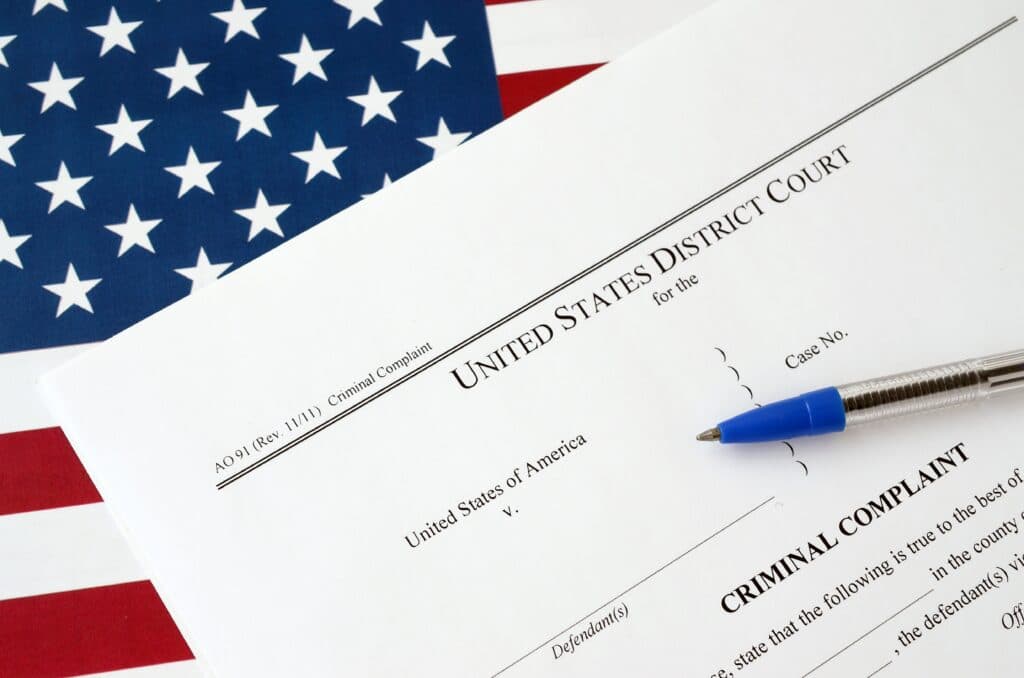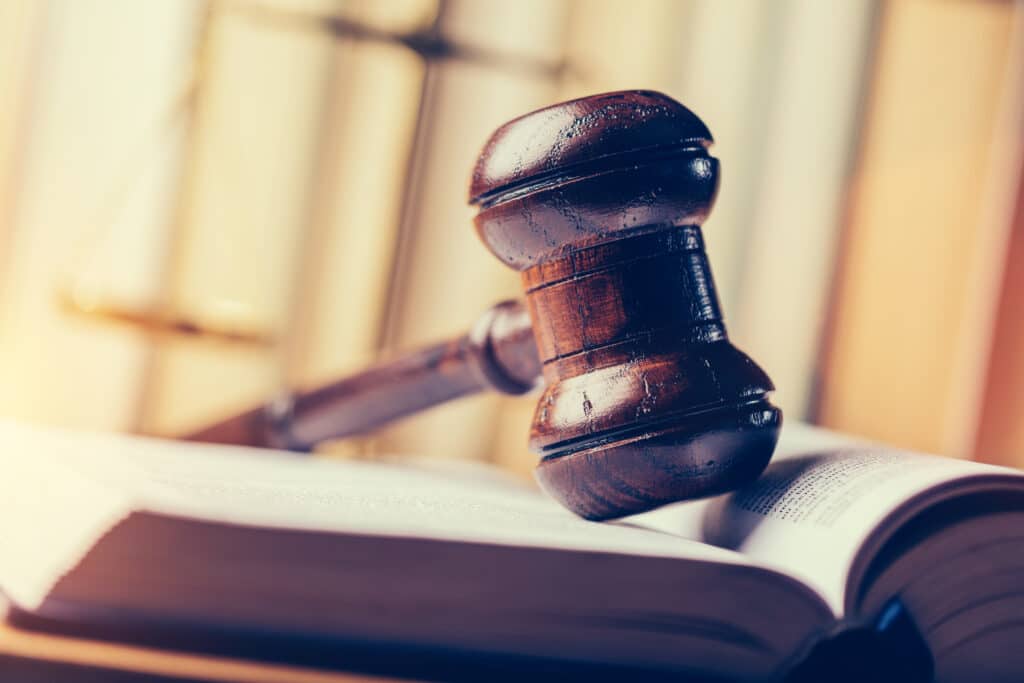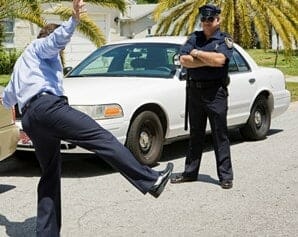Proving Intent in Criminal Cases: A Prosecutor’s Burden

Proving Intent is One of the Hardest Parts of a Prosecutor’s Job
Proving intent considers a person’s mental state and makes up the largest part of how criminal trials transpire. Prosecutors have the burden that an individual’s state of mind was fully aware of the actions about to take place, had planned those actions in advance, and knew what the consequences would be. This is called “criminal intent,” or mens rea.
How Mens Rea Works
To illustrate the difference, let us take, for example, involuntary manslaughter versus murder. What these two offenses have in common is that one person caused the death of another person. However, the very definition of involuntary manslaughter means that the individual acted recklessly or negligent, such as improperly handling a motor vehicle, and killed another.
Murder, on the other hand, is “the unlawful killing of another with
malice aforethought.” The keywords here are “malice aforethought,”
which means that the person committing the crime had every intention of
carrying out the killing before setting out to do the deed.
The Role of the Prosecutor
A prosecutor must prove that “beyond any reasonable doubt,” that
the accused person had planned a deliberate attempt to commit a crime.
Without proving intent, prosecutors will not be able to secure a criminal
a conviction for wrongdoing.
Most cases are not this cut and dry, though. There may be instances where
the accused person mistakenly believed something else, which caused him
or her to commit the crime. Here is one example: you are driving, and
you believe that the other driver is aware of your presence and motions
for you to make your maneuver. You mistakenly misinterpret the signal,
and the cars collide, killing the other driver. Because the circumstances
of the situation appeared accidental, you may have a defense available to you. In this case, proving intent can be very hard.
Bear in mind, however, that such defenses would not be valid in civil cases,
such as if the other party chooses to file a personal injury lawsuit to
recover the damages.
Accused? Call a Houston Criminal Defense Lawyer!
If you are facing criminal charges of any sort, know that there is hope.
There may be a valid defense to help preserve your reputation and prevent
you from accumulating a criminal record. Hiring a knowledgeable defense
team is the first step. A good defender knows how to seek out advice from
leading experts and makes thorough investigations—that is precisely
what we do at The Martinez Law Firm.
Start your case today and call to schedule your free consultation with us today!










